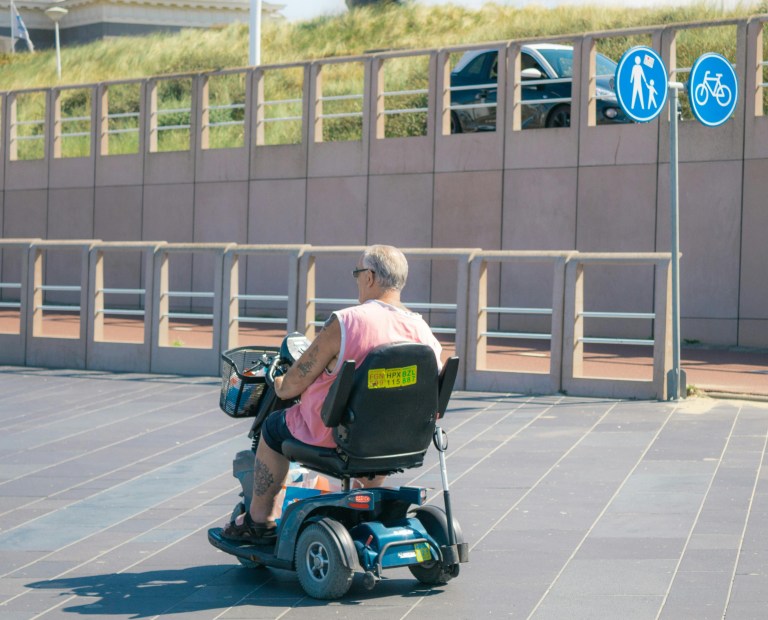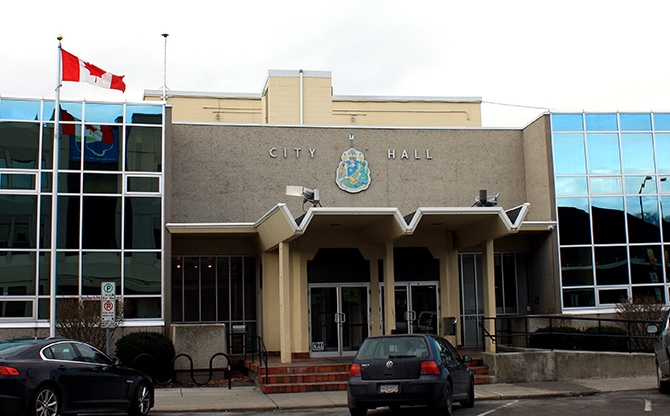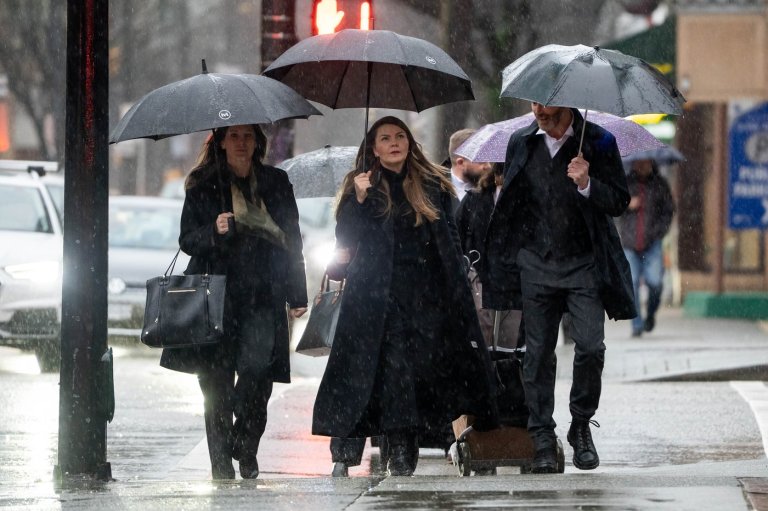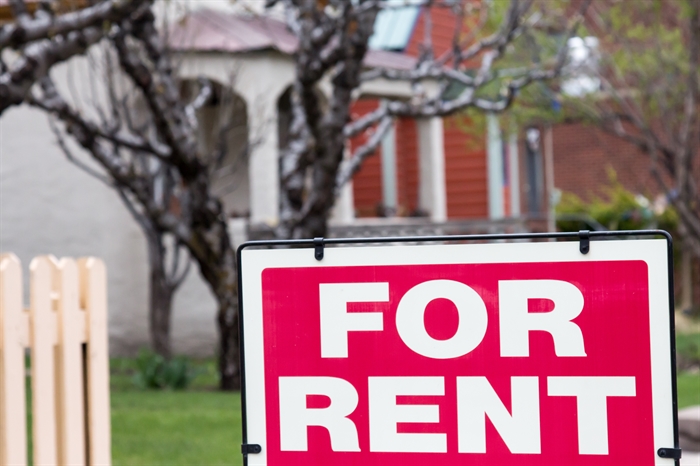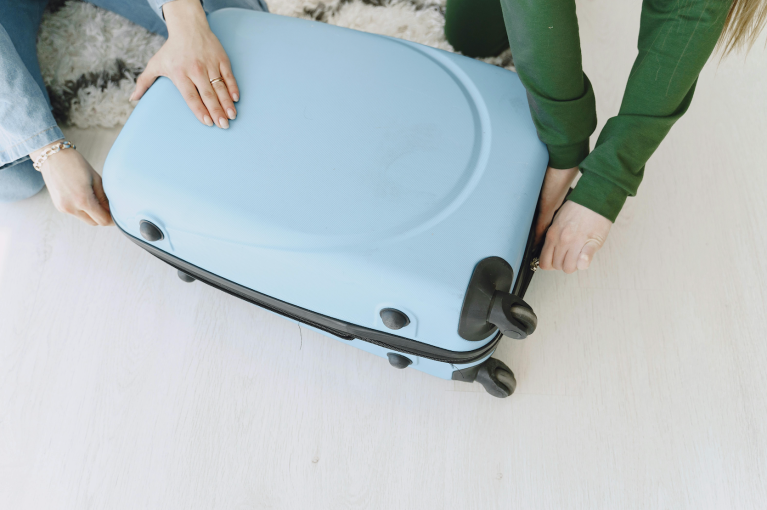
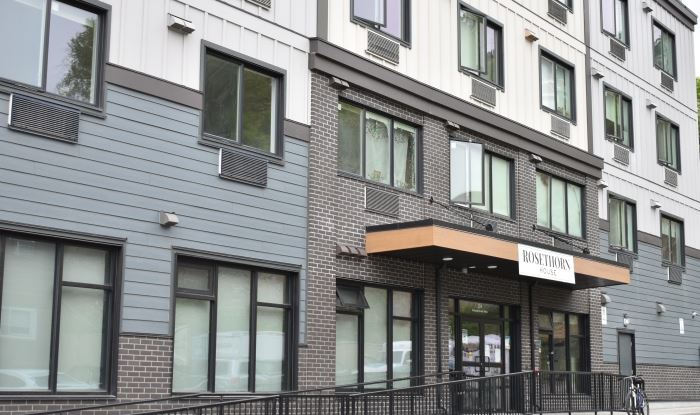
Why drug recovery housing isn’t being built in Kamloops
The calls for recovery housing amid BC’s ongoing toxic drug crisis are coming from government and business groups, but there’s a reason why they aren’t more common.
In Kamloops, less than a fifth of the supportive housing stock is focused on recovery.
Alfred Achoba of Canadian Mental Health Association said it’s because they’re hard to fill as it is.
“I have one and I’m struggling with it. I’ve had empty units since May and in November I’m going to take heavy vacancy losses,” he said. “It’s the same with many providers… The outcomes are not great, and it’s because people are not ready for it.”
In economic terms, it comes down to a lack of demand.
City council tried and failed to convince BC Housing to ensure an upcoming supportive housing site offer drug recovery services. More recently, North Kamloops business association executive director Jeremy Heighton called for a drastic increase in recovery housing after an early morning overdose death on Tranquille Road.
While it sounds better than relying mainly on low-barrier housing, Achoba said it’s not realistic.
“Where we’re seeing people gravitate toward is any housing that still gives them the ability to use substances to an extent, but at the same time, not lose housing,” Achoba said. “It’s because it still gives them choice, and choice is a big part of recovery. You take it out and you don’t see those outcomes anymore.”
If Canadian Mental Health Association supportive housing sites switched to a recovery focus, he said they would largely remain empty.
Like many BC cities, Kamloops has seen a growing homeless population and toxic drug death toll since 2020. A seeming lack of improvement has sparked calls for not only recovery housing but also involuntary care, and Achoba said he remains hopeful for improvement.
The biggest reason for his hopefulness is a downward trend in overdose deaths, which hasn’t happened since 2020.
“I celebrate it,” he said. “So, when I look at those numbers trending down, it tells me there’s something we’re doing that’s working.”
Along with a call for more recovery housing, Heighton with the business group also called for service providers like non-profits, BC Housing and health-care providers to integrate case management of the people they jointly serve.
Asked about the proposal, Achoba said it’s already being done.
“Is there room for improvement? Yes. What does that look like? It has to be looked at on a case-by case basis,” Achoba said. “And also the individual’s willingness to engage, because that seems to be the biggest bottleneck we have.”
News from © iNFOnews.ca, . All rights reserved.
This material may not be published, broadcast, rewritten or redistributed.

Join the Conversation!
Want to share your thoughts, add context, or connect with others in your community?
You must be logged in to post a comment.


